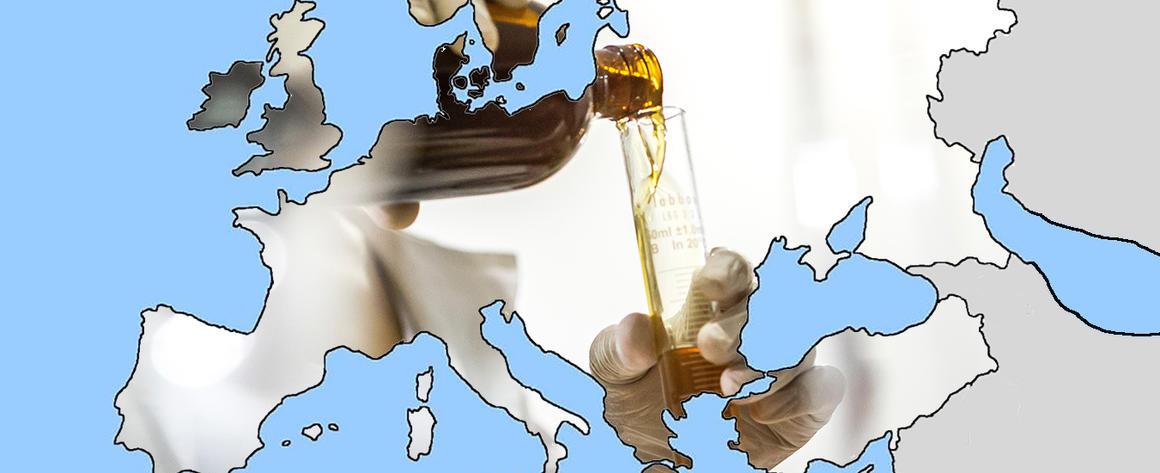In his new white paper, “Biomed Europa: after the coronavirus, a public infrastructure to overcome the pharmaceutical oligopoly,” Italian economist Massimo Florio proposes an international, transparent, public pharmaceutical and biomedical institute for Europe that would focus its efforts on the areas of greatest human and social impact.
Recognizing that “the COVID-19 pandemic has exposed profound weaknesses in a global health system that in the last decades relied…too heavily on the pro-profit private sector for the discovery, development and distribution of new drugs,” Florio proposes Biomed Europa as a way to break Big Pharma’s monopoly on Europe’s medicine supply and assure the public interest is prioritized in medical innovation in the future.
The model Florio lays out would represent both large-scale international research infrastructure—akin to that of the European Organization for Nuclear Research—as well as a knowledge-intensive public enterprise with an industrial policy mission, similar to that of the European Space Agency. Biomed Europa would be designed to overcome the weaknesses of the current pharmaceutical market, where research priorities are distorted by the profit motive, and would function across the supply chain in order to assure that public-interest drug development and production is successful.
Similar to the model we at The Democracy Collaborative have developed for the U.S. pharmaceutical sector, Professor Florio suggests Biomed Europa manage its intellectual property in the public interest. The proposed project could become the largest public biomedical institute in the world and the largest single enterprise in the sector, providing an important counterbalance to the political power of Big Pharma. Most importantly, the social benefits of long-term and large-scale public international drug development and production would come from lessened economic effects of severe pathologies, improved quality of life, and social cohesion.




